My sister, Phyllis, and I have been having conversations about eulogies recently. Mine, hers and others. (Mostly hers since she is the oldest. Hehe). We talked about how it seems that the way for a preacher to eulogize a good southern woman is to talk about her cooking or a special dish she was known for. Phyllis said, “well, I hope I’m known for MORE than my cooking”.
I have thought about that a lot lately. Why do southern preachers do that? Talk about someone’s cooking at her funeral. I think there is a deeper meaning than just the delicious food. Maybe they just don’t know how to say it or it’s sort of a language all it’s own. The food I mean. The food speaks a language. Maybe when the preacher said Aunt Dora Lee had the best fried chicken what he really meant was he loved to sit at her and Uncle Coolidge’s table because their home was so warm and inviting and he just enjoyed being with them. Or, when Brother Terry Joe mentioned that he loved to find Grandmother Pearl’s cold biscuits in Granddady’s lunch “poke” was that he knew he would find extras because she made enough for all the fellas who might be hungry. It wasn’t just about the food. It was about the love that came from those hands and a heart as big as Texas. It is true, we southerners express love with food. I love to hear my family say “Mmm” when they’re at my table. Not just because the food tastes good to them but I get to have them close enough to touch.
The kitchen is really the heart of a home. The kitchen table is a living thing or it used to be. When we grew up, our family had supper together every evening. We all came together at the kitchen table. It’s where daddy took inventory of the status of chores or told us what he expected to be done the next day. It’s where we talked about report cards, teachers, events at school, how many quarts of beans Momma canned that day. We learned about morals and some high expectations we were expected to live up to. We shared Sunday dinners with our Pastor and had wonderful opportunities to hear stories of church and community, upcoming revivals and VBS. We celebrated birthdays at the kitchen table. Sometimes Momma would feed the entire football team on Friday nights. We also learned table manners which seems to be a thing of the past these days too.
the Bible refers to eating together as breaking bread. Breaking bread together teaches us that we are a team. Jesus brought his disciples together to prepare them for what was coming before his crucifixion. The Last Supper.
Ronald Reagan said, “All great change in America begins at the dinner table”.
What we lost when wives stopped cooking was the kitchen table which used to represent way more than food.
Every family has a story that it tells itself, that it passes on to the children and grandchildren. The story grows over the years, mutates, some parts are sharpened, others dropped, and there is often debate about what really happened. But even with these different sides of the same story, there is still agreement that this is the family story. And in the absence of other narratives, it becomes the flagpole that the family hangs its identity from. We must carry those stories through each generation.
“The dinner table is the center for the teaching and practicing not just of table manners but of conversation, consideration, tolerance, family feeling, and just about all the other accomplishments of polite society except the minuet.” -Judith Martin, a.k.a. “Miss Manners”
The family table is also a place where we gather in times of celebration and sadness, to embrace food and each other.
The magic of family dinner is not about what’s on the table; it’s about what happens at the table as you gather around it.
So, the next time you are at a funeral and the preacher goes on and on about Mrs. Johnson’s cooking, just know that this person was probably someone who loved others and that others wanted to be around. If you want the preacher to talk about more than your food, do like my sister and I. Write your own eulogy so he will have MORE to talk about than your cooking. After all it will be my last chance to get in the last word.
Excerpt from Tim Keller’s Prodigal God – The Table
Post Script – I ran across this article The Dinner Table as a Place of Connection, Brokenness, and Blessing, by Barry D. Jones after I wrote Kitchen Table and Eulogies. It compliments my thoughts and says a lot of what I tried to say. 🙂 I hope you will take the time to read it.
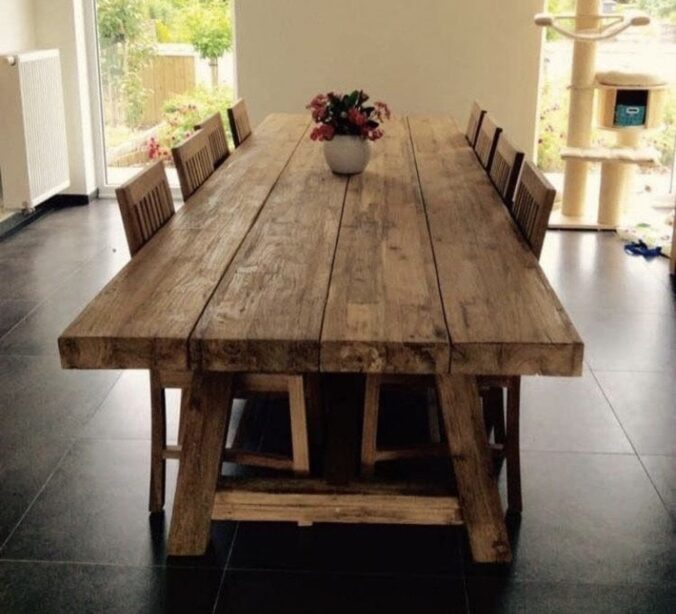
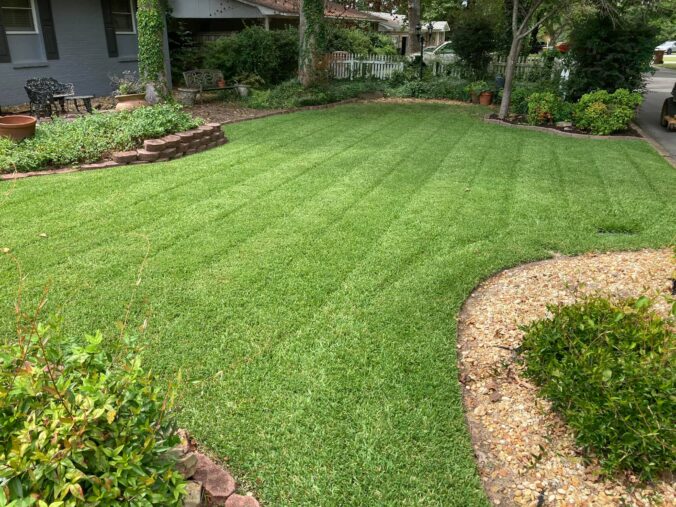
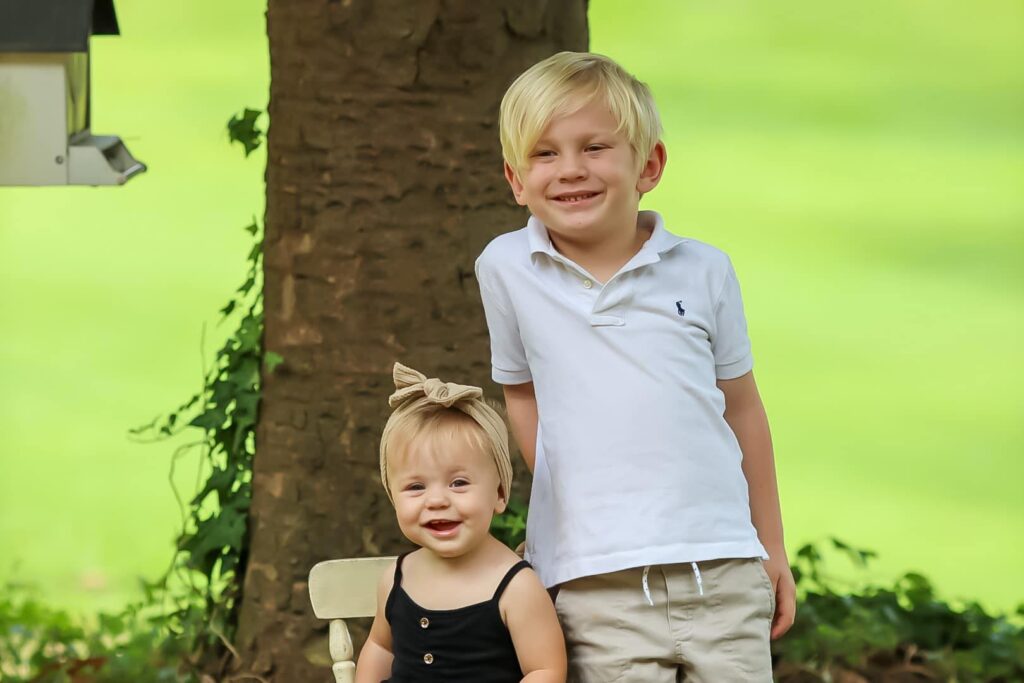
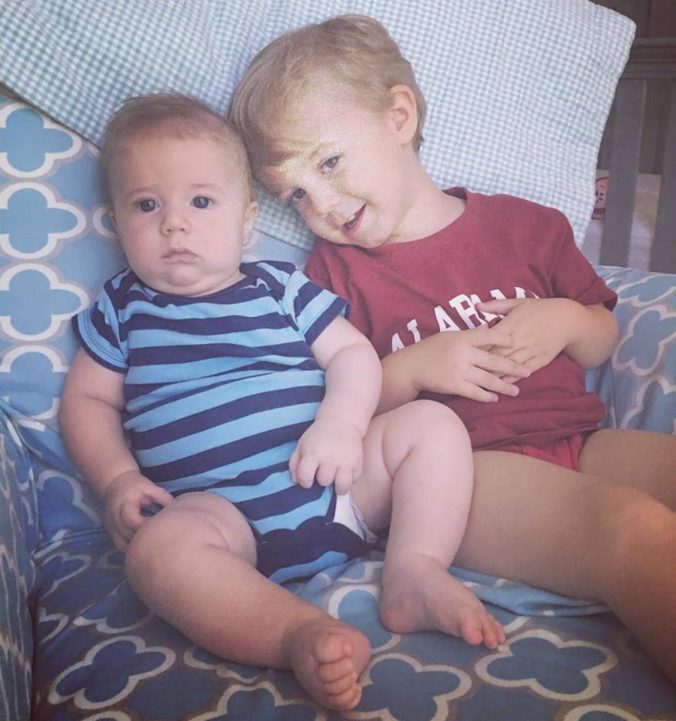
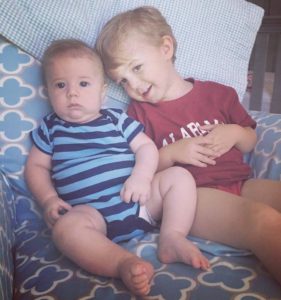
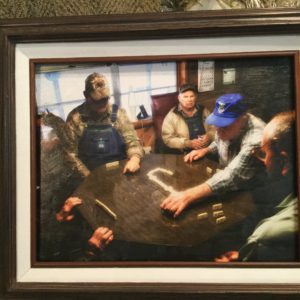
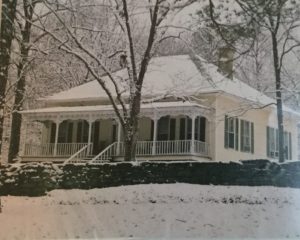
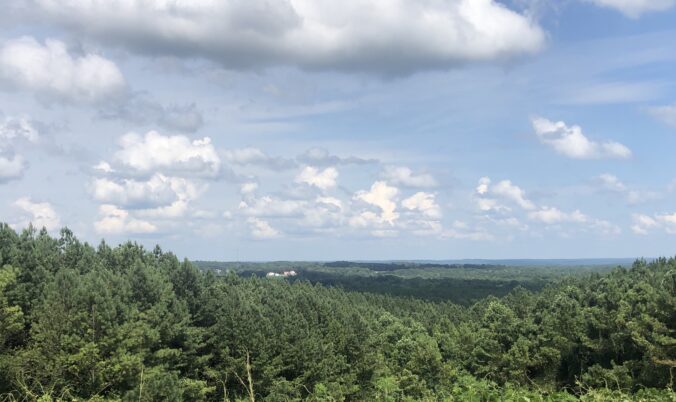

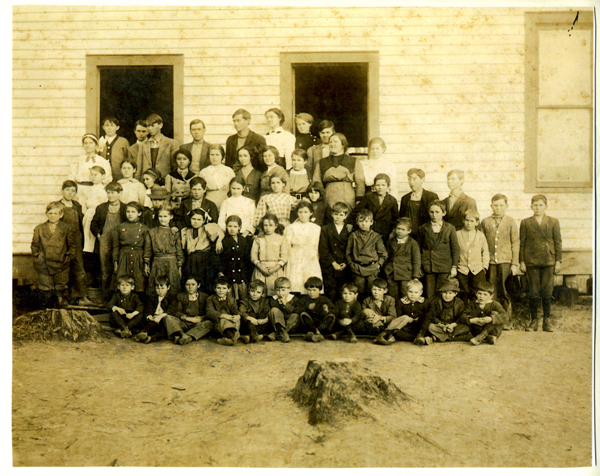
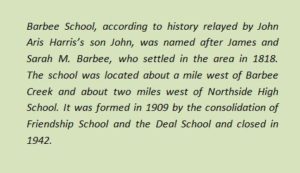
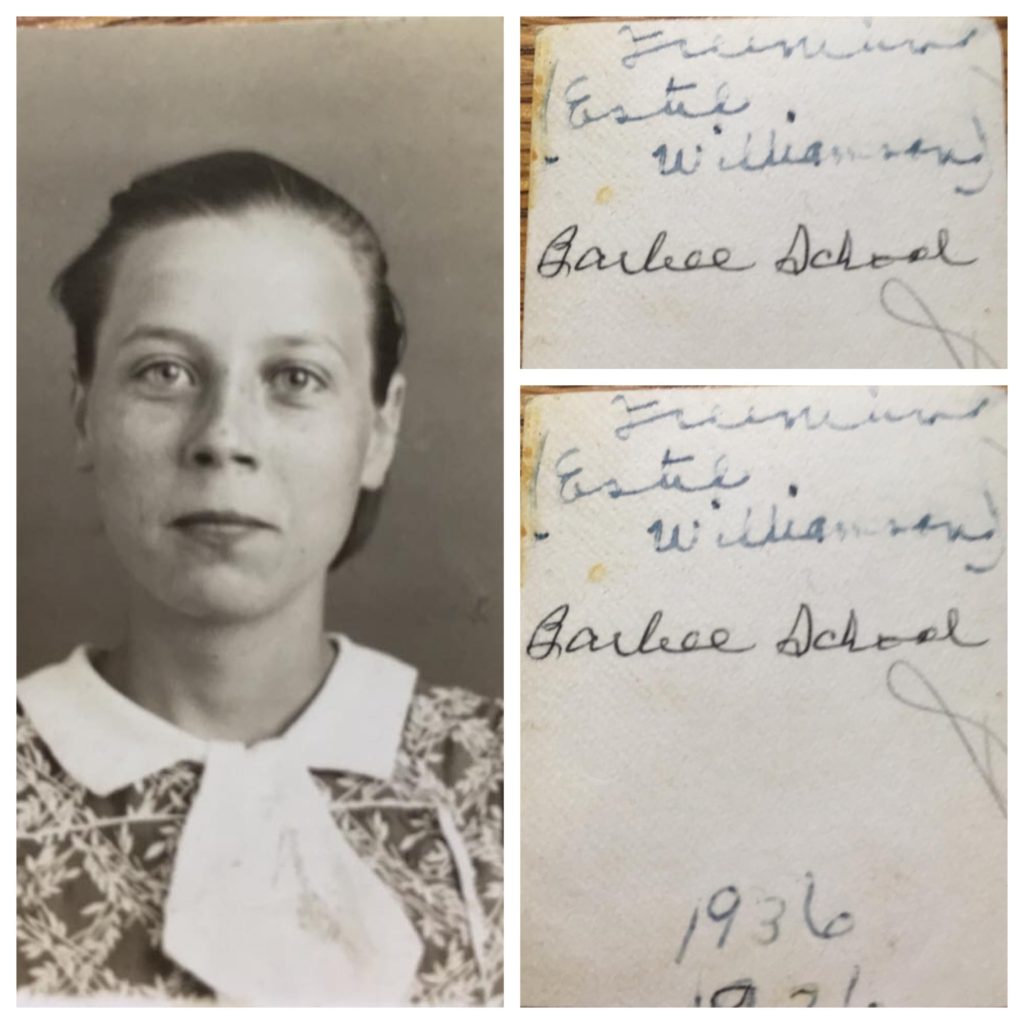

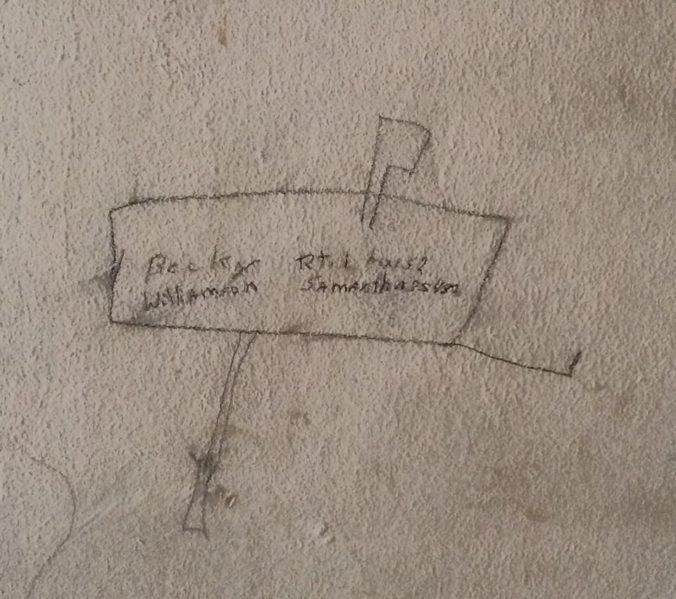
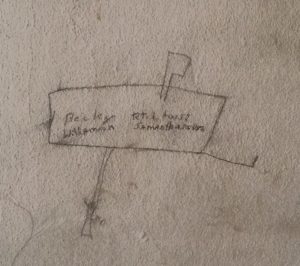
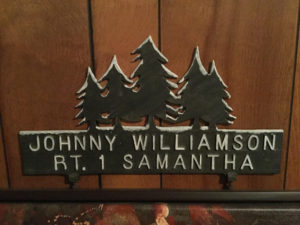
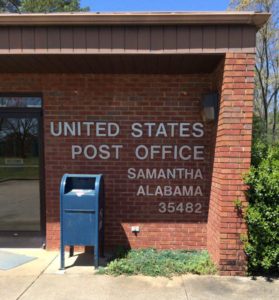
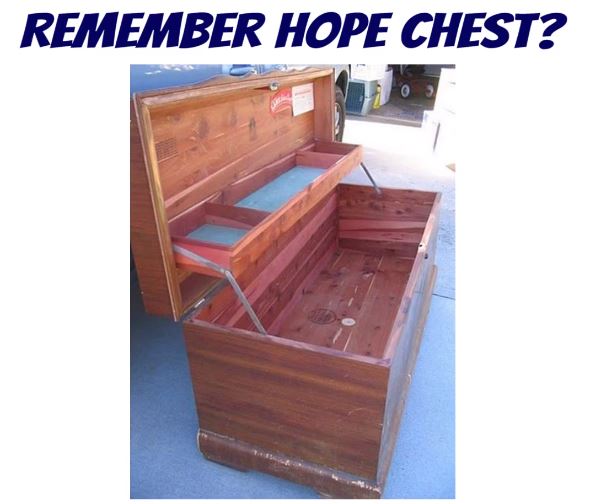
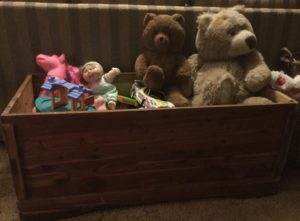
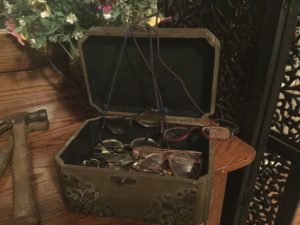
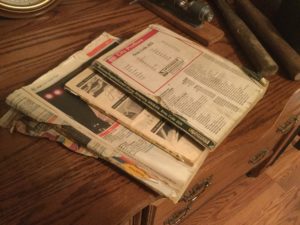

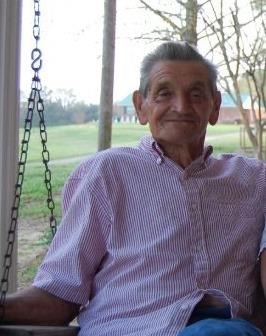
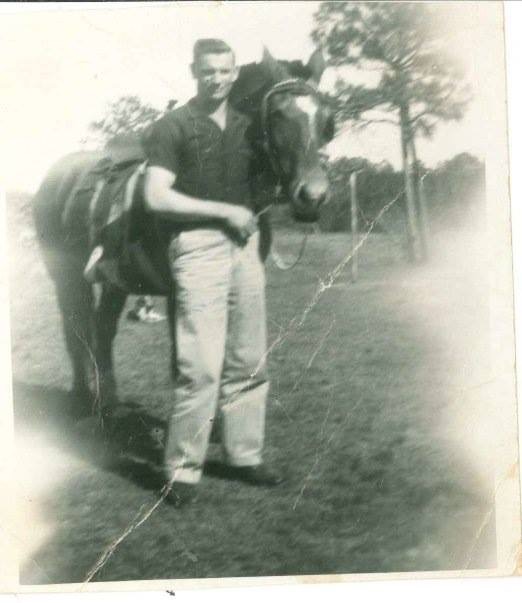
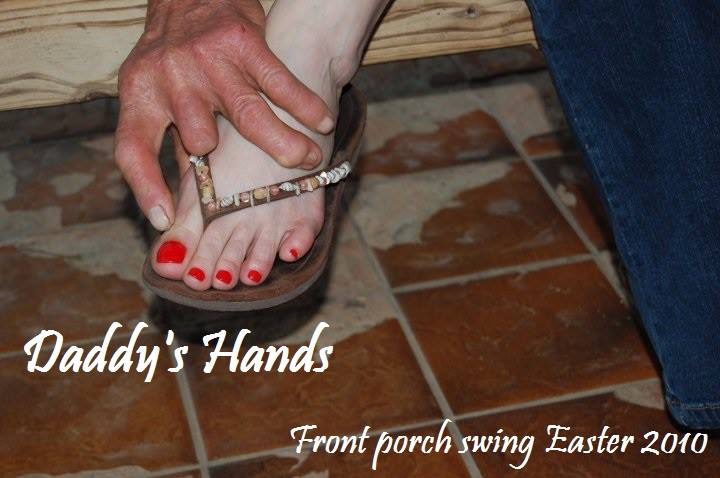


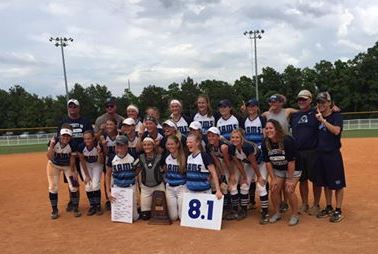
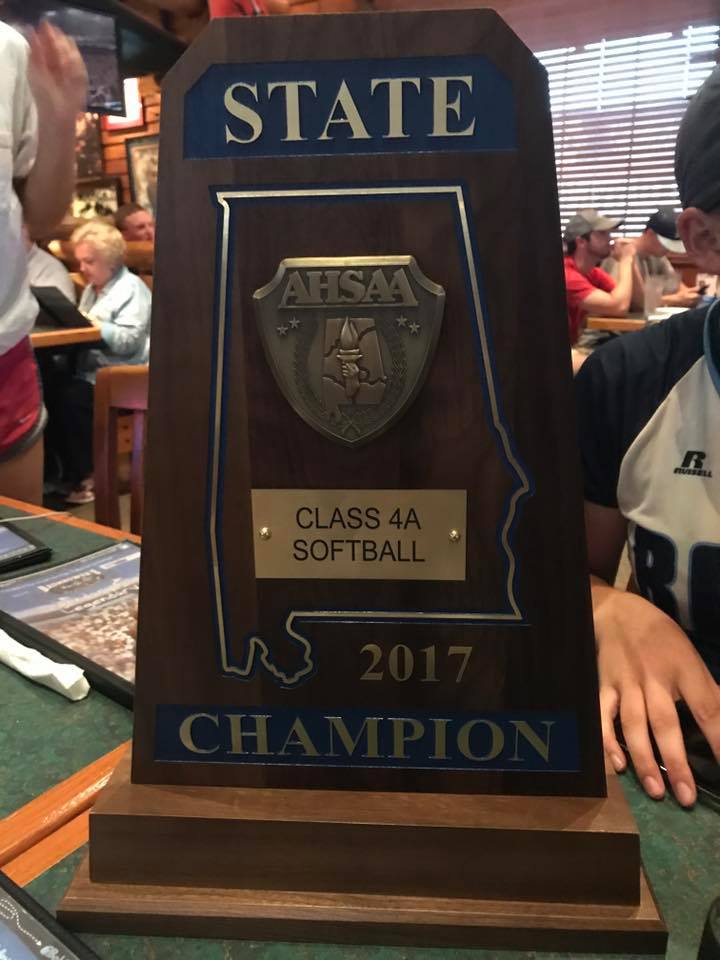
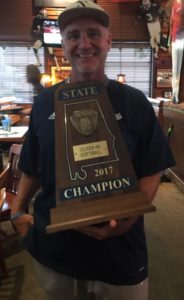
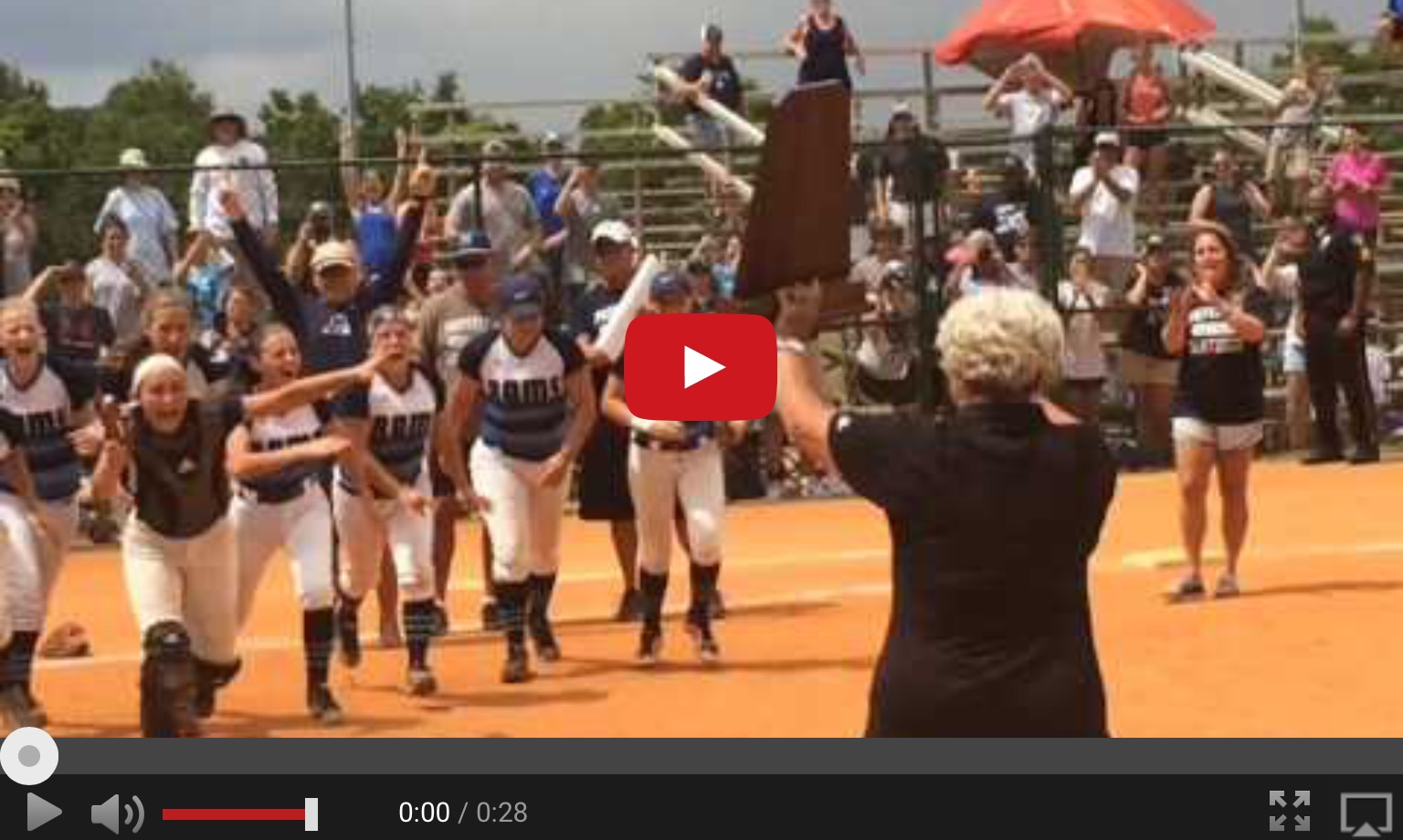
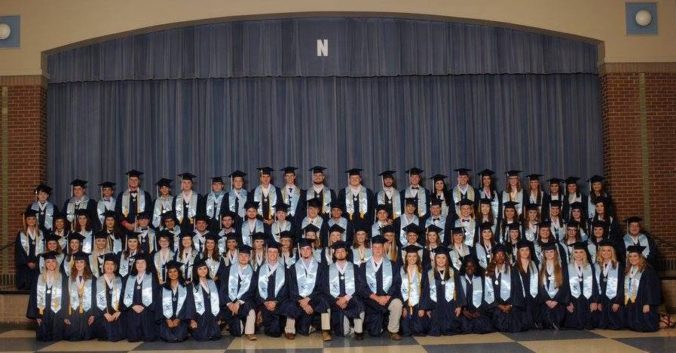
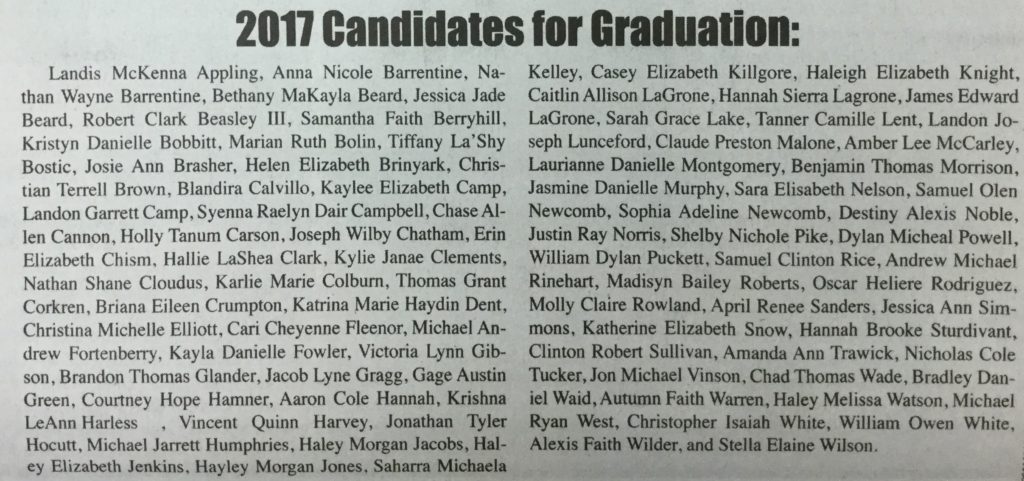
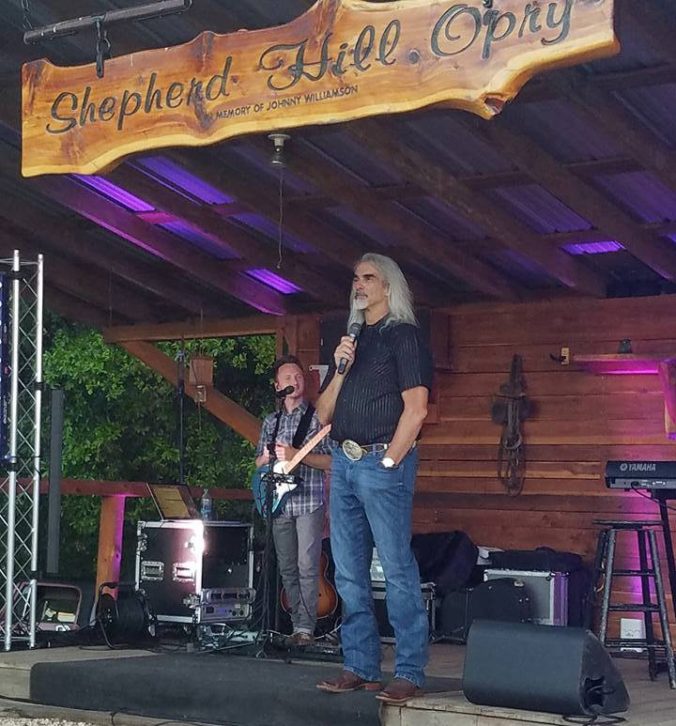
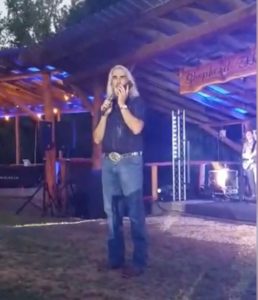
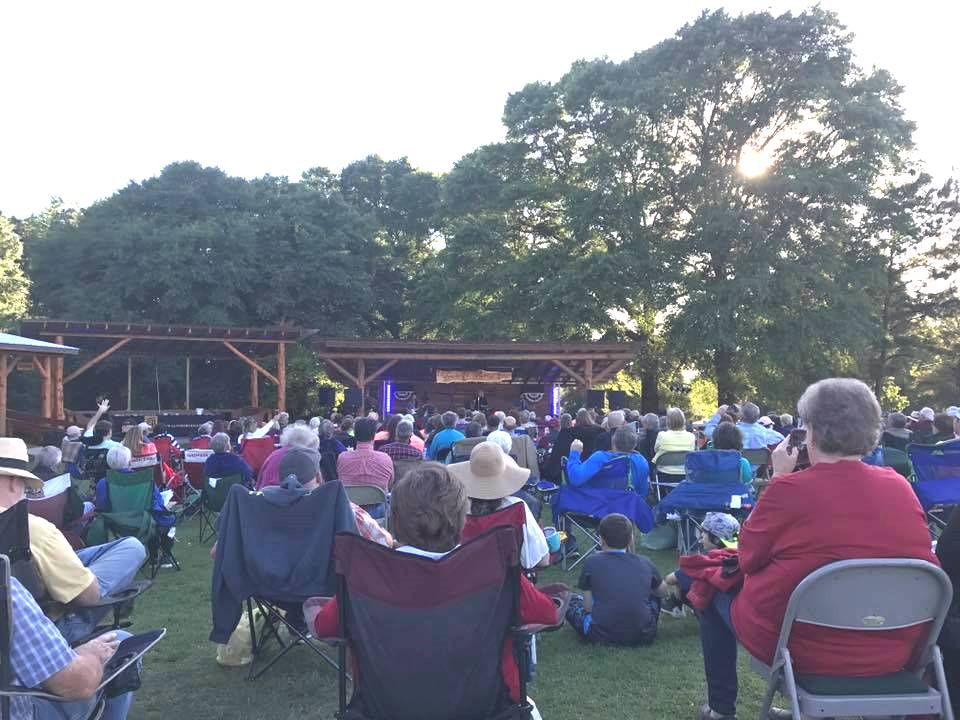
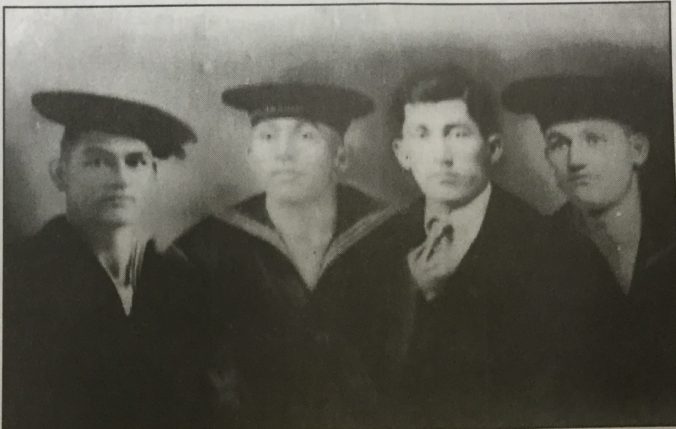
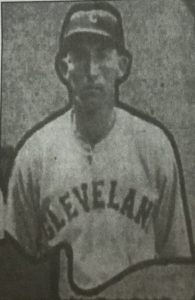
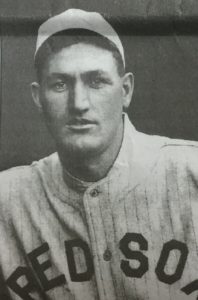



 We can blame every one of our problems on everyone in the entire world, but in the end, it is our own behavior that will either make us or break us into becoming the person we need to be.
We can blame every one of our problems on everyone in the entire world, but in the end, it is our own behavior that will either make us or break us into becoming the person we need to be.

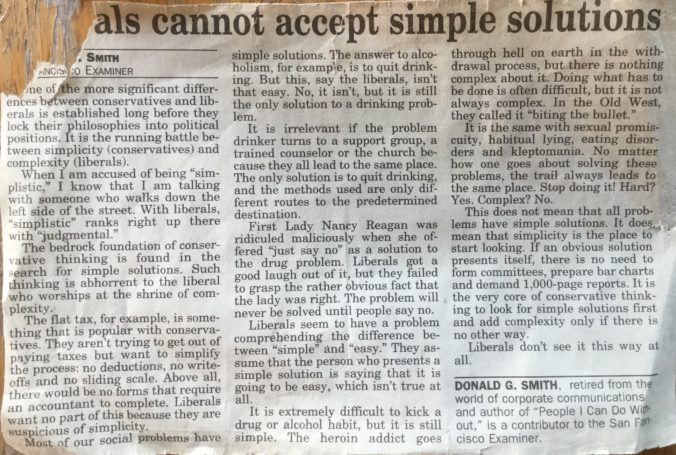
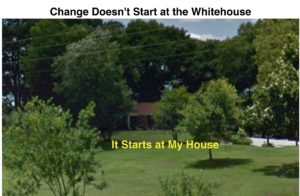

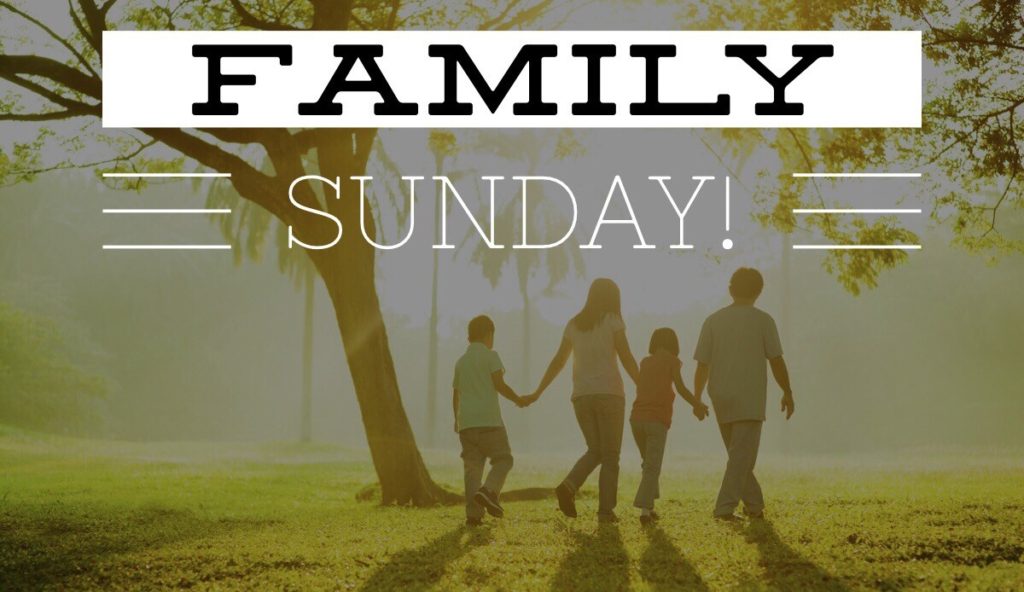
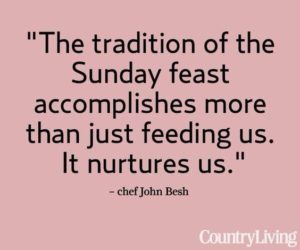

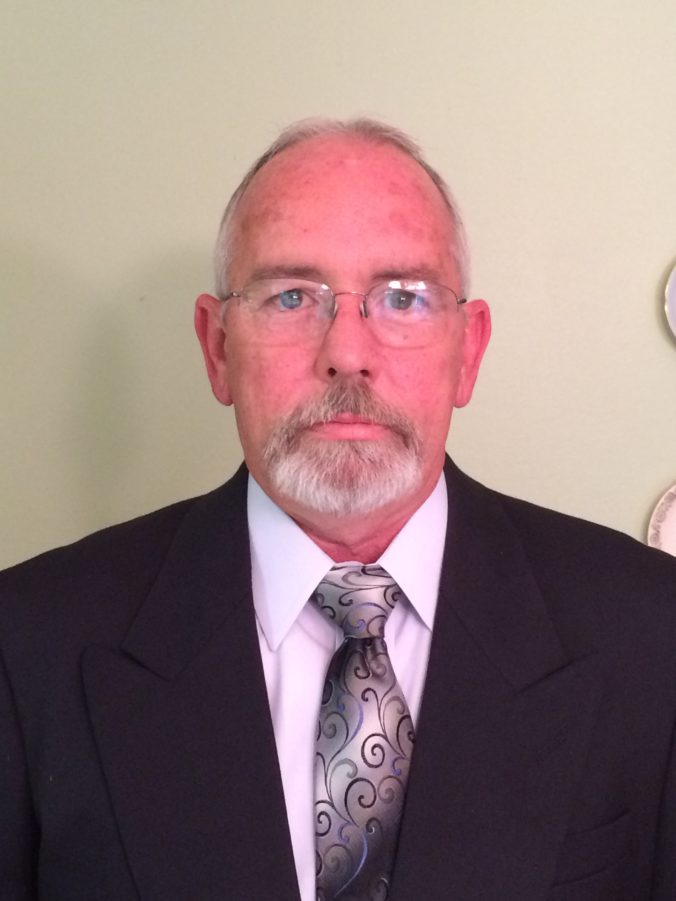
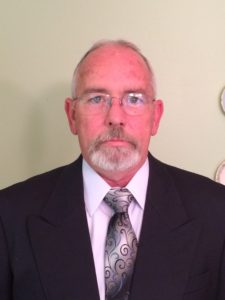
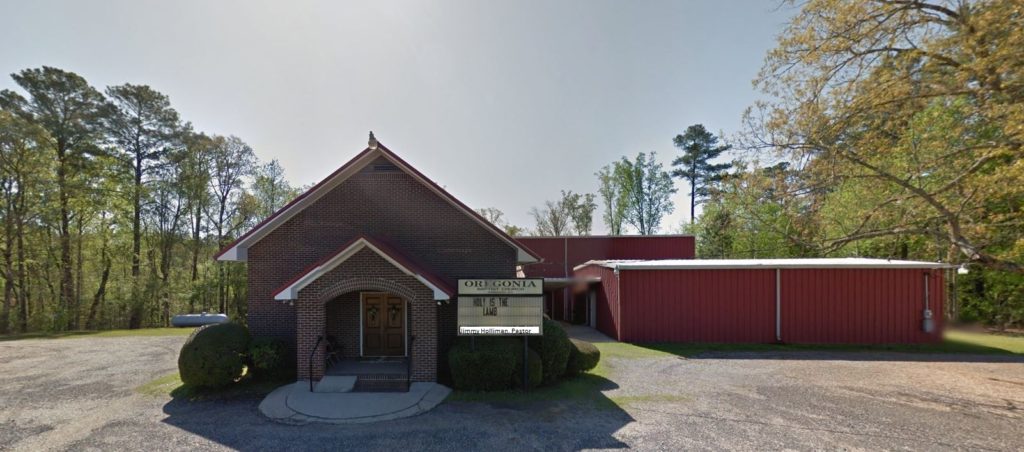
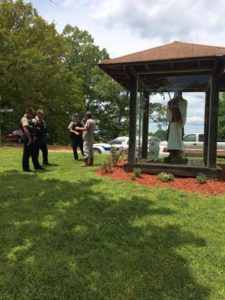
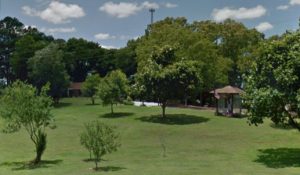
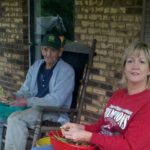

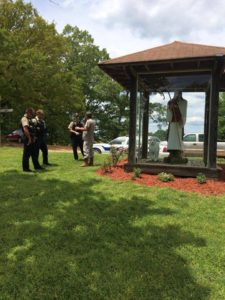


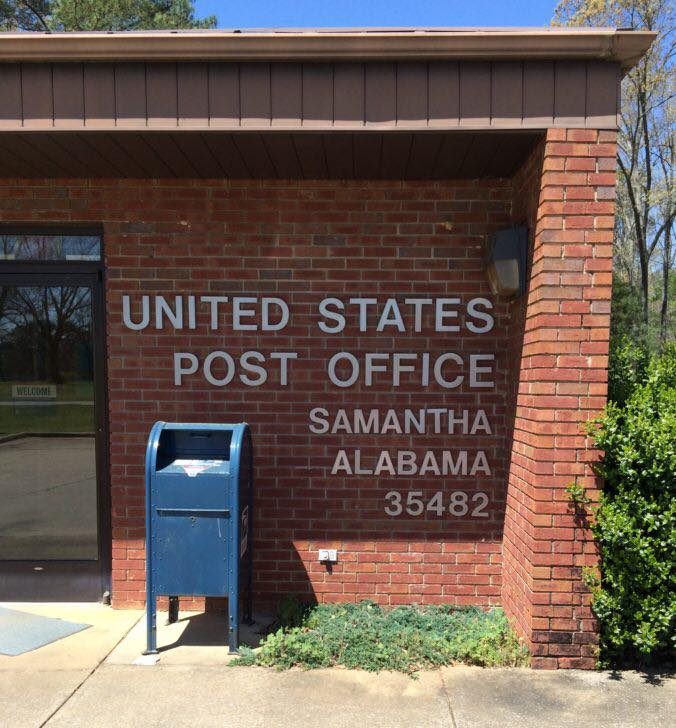
Most Recent Comments